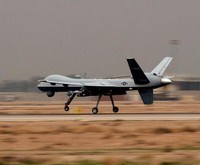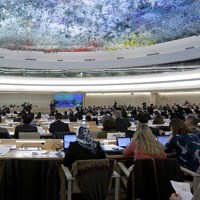
The debate about U.S. targeted killing policy has become repetitive and familiar. The policy’s proponents argue that the precision and accuracy of drones keep civilian casualties to a minimum, and that drones are the most viable tool in fighting an asymmetric war, particularly in places that are off-limits to U.S. troops. Opponents of drone strikes argue that civilian casualties are much higher than U.S. government estimates, and that the policy is counterproductive because it leads to the radicalization of a new generation of terrorists. The number of civilian casualties from drone strikes is perhaps the most complicated of these questions, […]




